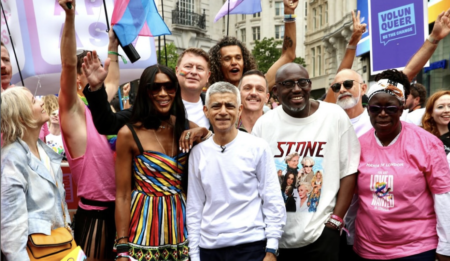Lecturers at Exeter University have raised concerns over pressure to sign anti-transphobia pledges and declare pronouns, fearing potential targeting and marginalisation. The voluntary ‘inclusive practitioners commitment’ aims to show support for transgender students through allyship pledges, sparking debates on coercion and dissent within the university.
Lecturers at Exeter University have expressed concerns over being ‘pressured’ into signing anti-transphobia pledges and declaring their pronouns. The university asked staff to sign an ‘inclusive practitioners commitment’ last week to show support for transgender students. This commitment, detailed in an online document, requests staff to make six pledges to affirm their allyship with LGBTQ+ students.
The pledges include affirming trans students and staff by using their chosen names and pronouns, seeking LGBTQ+ contributions to teaching subjects, educating themselves on harmful micro-aggressions and ‘dog whistles,’ and displaying allyship by sharing their pronouns. Additionally, staff are encouraged to stand firmly against transphobia and acephobia, the latter referring to discrimination against asexual individuals.
The document was developed by Exeter’s LGBTQ+ colleague and student group independently and is not part of any external scheme. Despite this, Exeter University participates in the Stonewall Workplace Equality Index, which has faced criticism for promoting controversial gender ideologies.
Academics, including Dr. Edward Skidelsky, a philosophy lecturer, have raised concerns that the pledges could make gender-critical staff vulnerable to targeting by activists. Skidelsky described the initiative as “coercive” and suggested it pressures staff into compliance, fearing repercussions if they opt out.
The Committee for Academic Freedom echoed this sentiment, arguing that the pledges could marginalize those who dissent from prevailing LGBTQ+ views. They suggested that staff might feel compelled to sign to avoid being perceived negatively by colleagues.
A University of Exeter spokesman countered these claims, stating that the initiative is voluntary and independent, emphasizing that it is neither coercive nor exclusionary. The spokesman pointed out that participation is optional and likened the initiative to other allyship programs supported by the university.




















